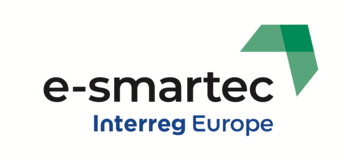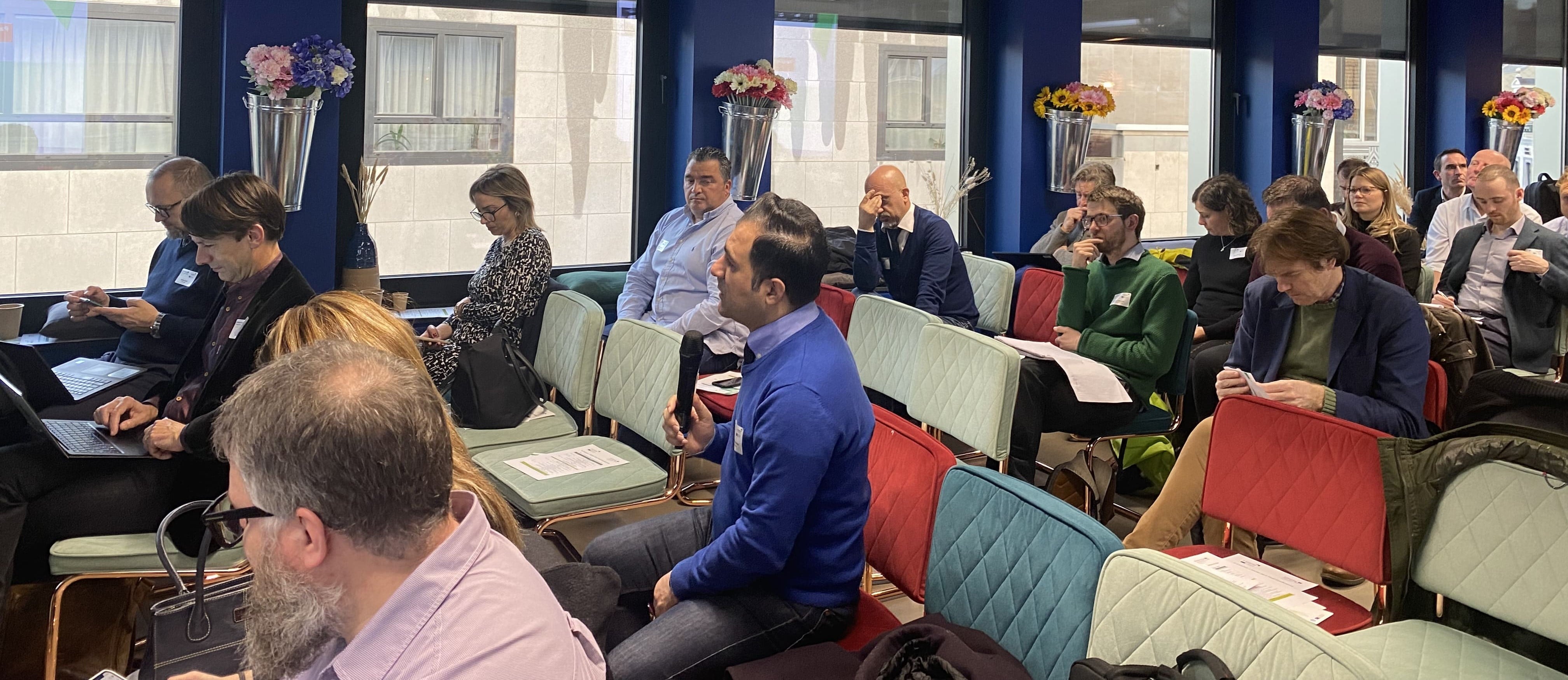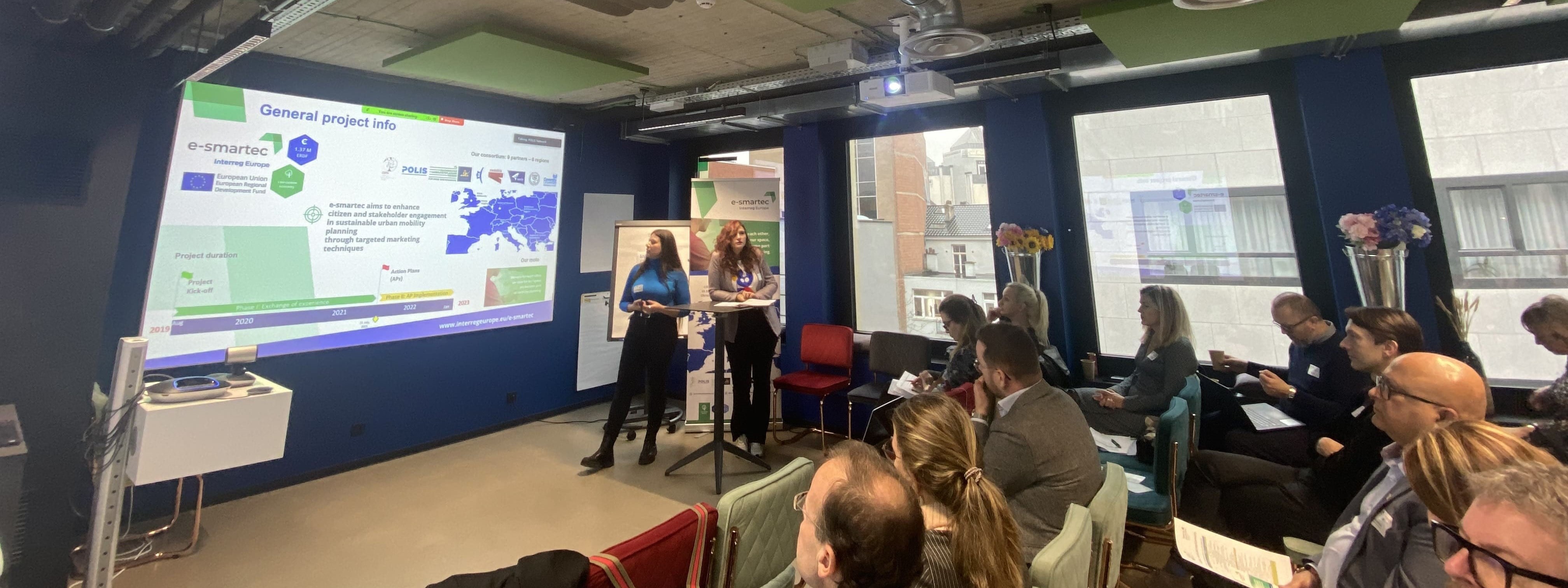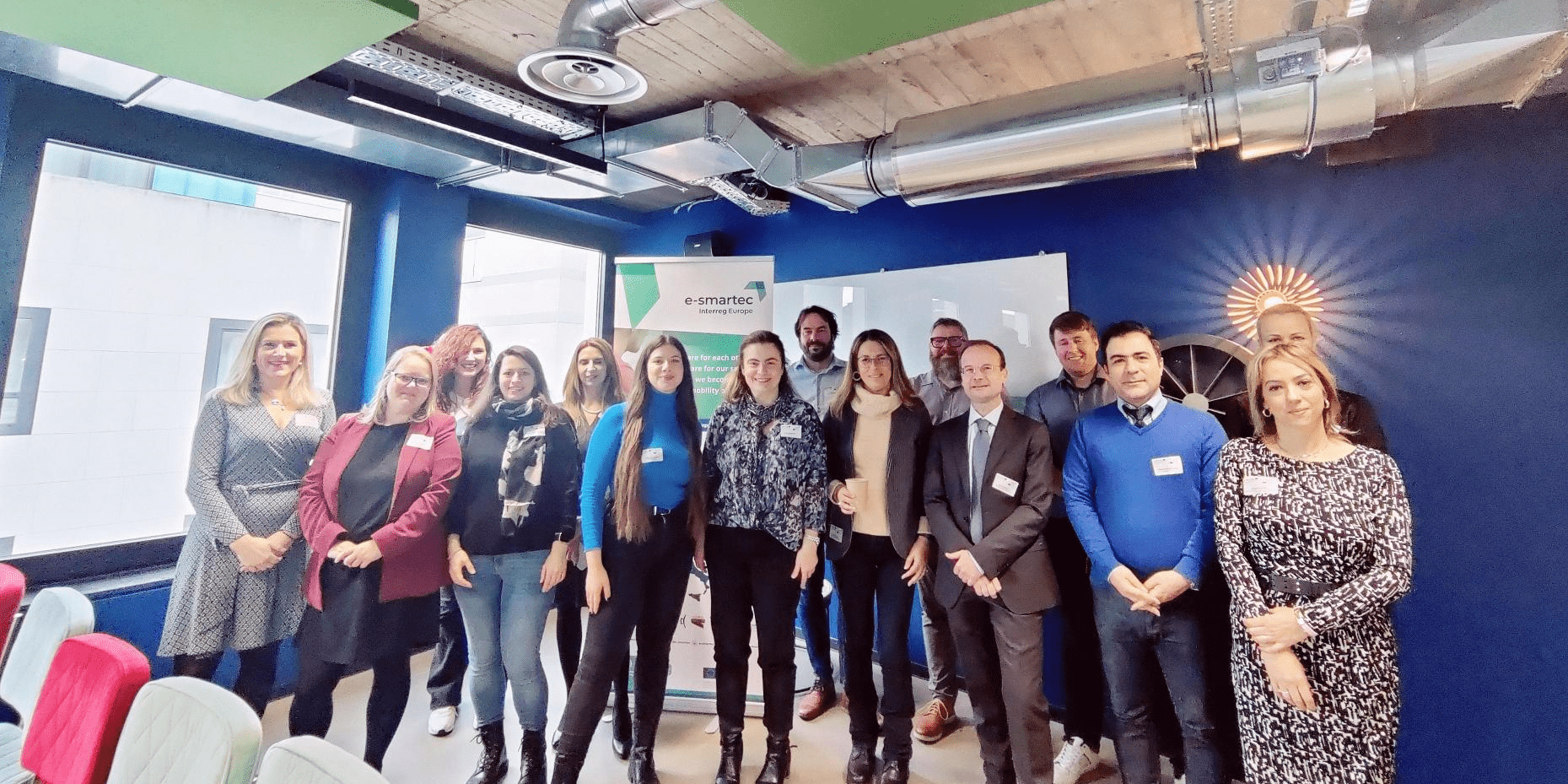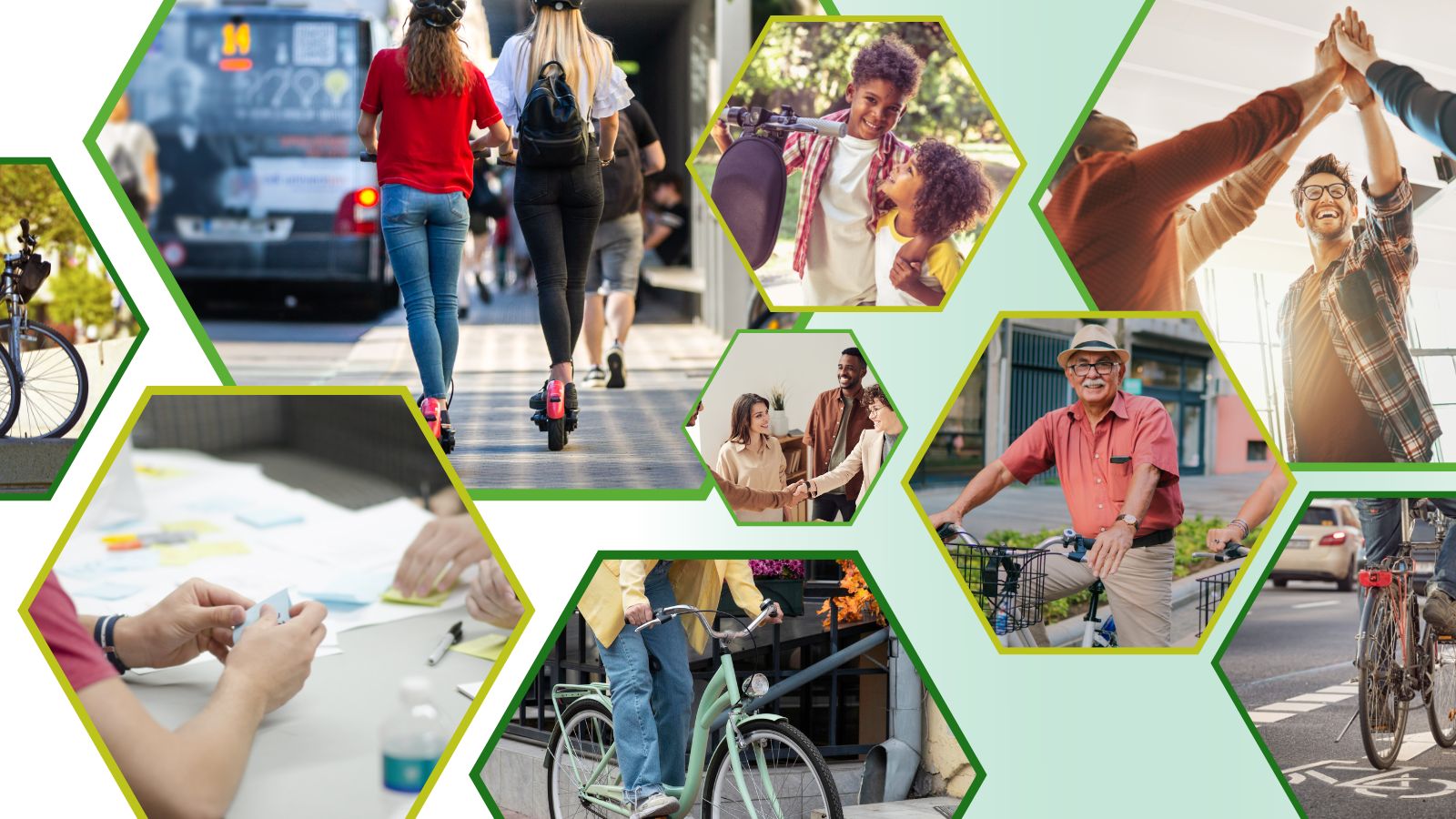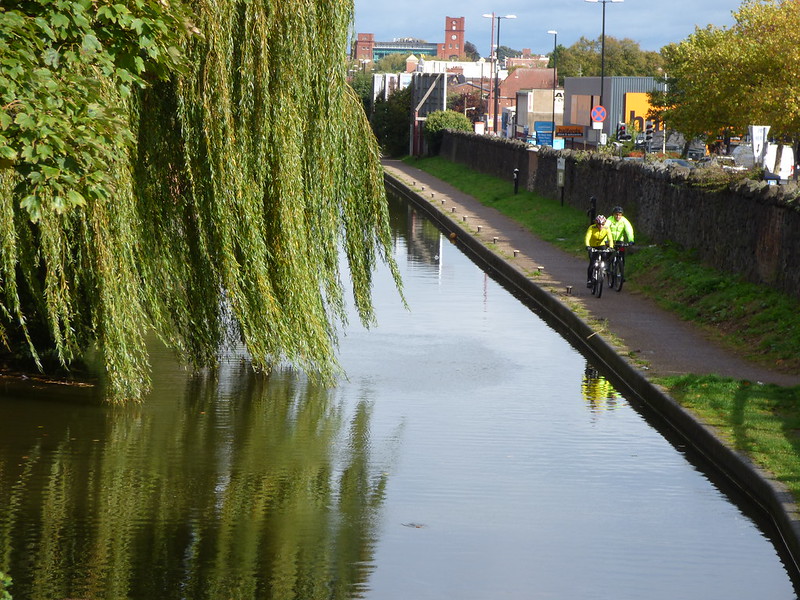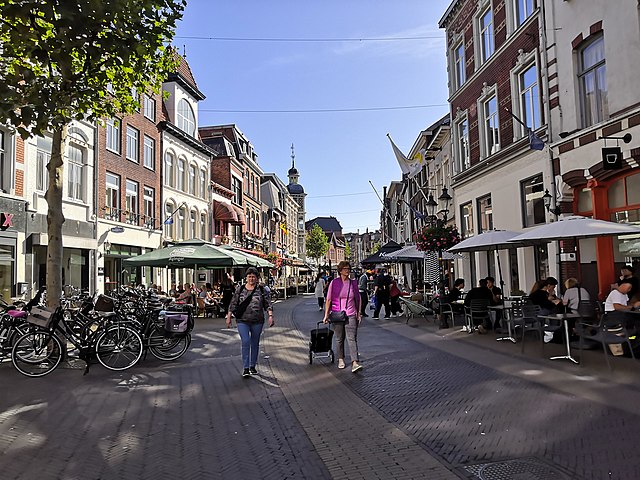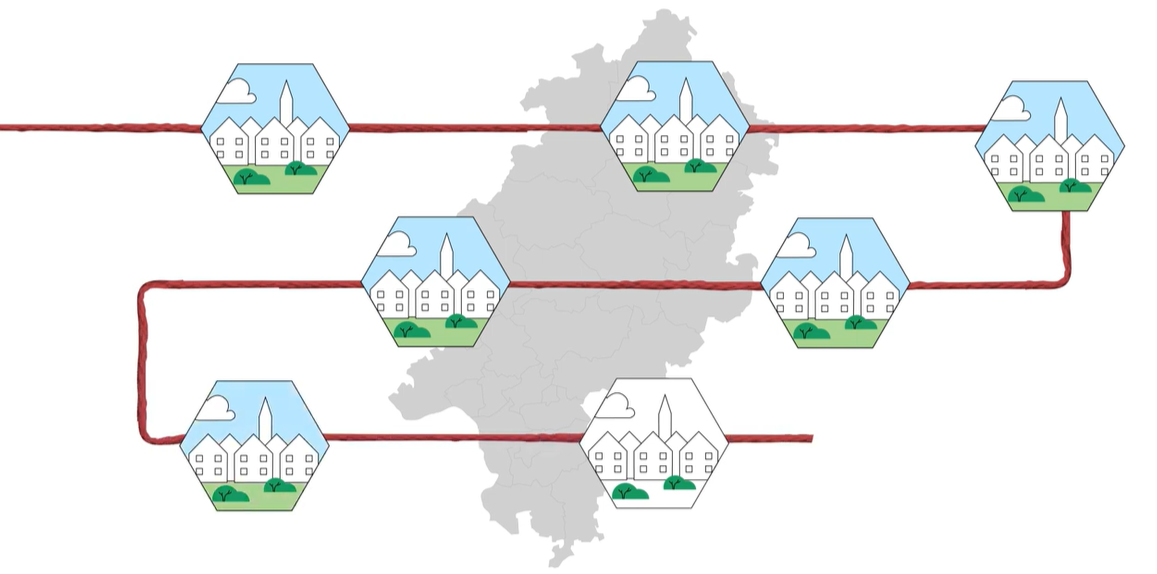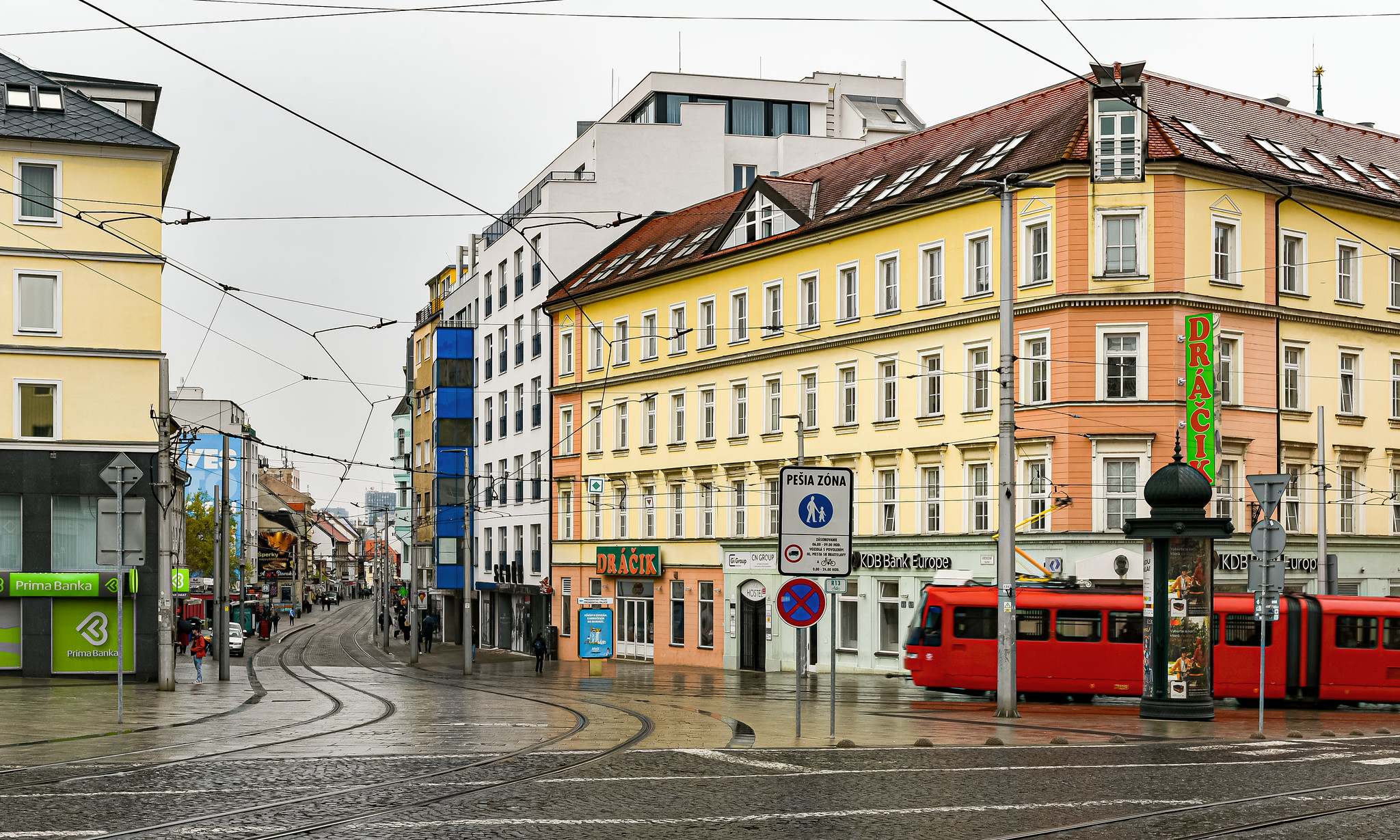The project RECREATE successfully merged with the e-smartec project in a stakeholders' event in Coventry, UK.
In this occasion, Mrs Anoyrkati, Manager at Coventry University for the RECREATE and e-smartec projects, gave a general overview of the projects and its specific objectives, the Regions and organizations involved, the main expected results and outputs, as well as the progress to date.
Local stakeholders matter
The importance of the local stakeholder group was also highlighted as crucial for the development of the RECREATE project. Their role is indeed to provide their views and feedback on the activities of the projects and the Reports produced, as well as to implement the Action Plans in the West Midlands region and to give feedback about how the project can be impactful.
Local stakeholders are also asked to participate in 6 Meetings in their local region (one meeting per semester) and 5 Study Visits & Thematic Workshops together with the stakeholders of the other Regions – the next one in Coventry in March 2020.
Transport SME Competitiveness Report
Mrs Anoyrkati presented the results of the ‘Transport SME Competitiveness’ report.
The RECREATE project main objective is to improve the regional strategy for 2014-20 in each partner region in addressing transport SME competitiveness. The project will provide the policy makers with the necessary evidence and a solid knowledge base to better channel funds for supporting transport SME competitiveness. To do this, the project has analysed the Transport SME competitiveness status quo to provide insights on political imperatives, research agendas and prospects - a comprehensive SWOT for each region involved.
The report is currently being finalised and will be uploaded on the project website together with a slim version translated in Italian, Greek, Lithuanian and Romanian languages.
Where does e-smartec stand when it comes to local stakeholders?
No more, no less: local stakeholders are crucial for the development of the e-smartec project.
Their role is to:
- provide feedback on activities of the projects ;
- facilitate the good practice identification ;
- contribute and validate the policy recommendations;
- validate the Action Plans in their own Region ;
- implement the suggestions that will derive from the project in their Region .
In addition, during the 1st phase of the project, the local stakeholders are also asked to participate in Living labs with cities in e-smartec Regions and large-scale ideation exercises with citizens. Other important activities for stakeholders are:
- the hands-on training for the service "E-Library of smart marketed sustainable mobility plans" of the Guiding Tool / First plenary stakeholders meeting (Sep 2020)
- the 2nd plenary Stakeholders Meeting (Apr 2021)
Citizens engagement is the "real deal"
The participants highlighted that citizens engagement is a real issue: the acceptance from the citizens is a problem, as well as getting them to know about the existence of certain sustainable mobility schemes.
In the West Midlands region, where citizens are generally not involved in the planning, it is very difficult to get them to participate. Transport for West Midlands (TfWM) is doing a lot in this respect; however, in general, more tools are needed to get them to interact with the local authorities as well as to private companies.
How to engage: best practices in the making
Focus of the final session of the Coventry was the identification of the Best Practices.
All the Partners involved in the project are currently looking at initiatives for boosting participatory planning in their region. These can be awareness raising campaigns, enabling tools (e.g. social media influencing exploitation), participatory planning meetings, task forces, round tables, events, interactive learning environments (e.g. serious games), etc.
Best practices should enable stakeholders with instruments to tackle two of the main challenges of engagement: users' acceptance, as well as behavioural change.
As of today, even though the technology is good, it is perceived as complicated by citizens. As there are also many companies offering services, it is difficult for the user to actually choose: building up trust and clarity for users is thus important to further acceptance and engagement. This would also help behavioural change, which requires time and patience to happen, and boosting interest in initiatives.
